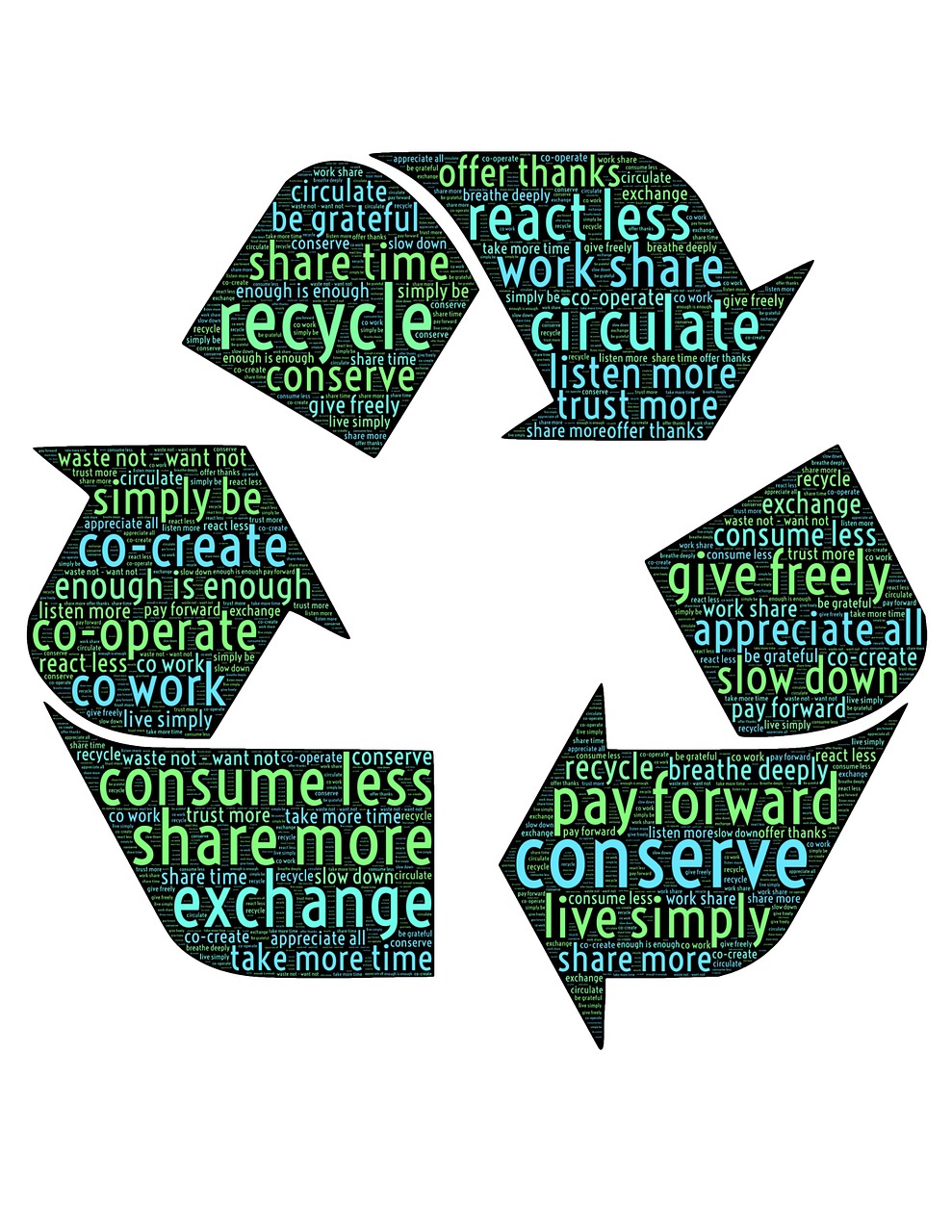As we step into the year 2023, the global community is increasingly recognizing the urgency of adopting sustainable practices to mitigate the impacts of climate change. Among the nations striving to lead this change is Austria, a country known for its rich cultural heritage and breathtaking landscapes. This piece aims to evaluate Austria’s readiness to drive sustainability, focusing on the strengths and weaknesses of its government and the willingness of its people to adopt a sustainable lifestyle.
Assessing the Readiness of the Austrian Government
The Austrian government has demonstrated commendable commitment towards sustainability. It has been proactive in implementing policies that promote renewable energy, waste management, and sustainable transportation. The government’s ambitious plan to achieve carbon neutrality by 2040 is a testament to its dedication towards a sustainable future.
One of the strengths of the Austrian government lies in its ability to harness renewable energy sources effectively. Austria is among Europe’s leaders in renewable energy production, with hydroelectric power accounting for over 60% of its total electricity generation. The government’s investment in wind and solar energy infrastructure has also been increasing steadily, indicating a clear shift towards cleaner energy sources.
Moreover, Austria has made significant strides in waste management. The country boasts one of the highest recycling rates in Europe, thanks to comprehensive waste management policies that encourage recycling and composting. The government has also implemented strict regulations on single-use plastics, further reducing waste generation.
However, despite these strengths, there are areas where the Austrian government could improve. One such area is sustainable transportation. While efforts have been made to promote public transport and cycling, there is still a heavy reliance on private vehicles, contributing significantly to carbon emissions. Additionally, while renewable energy production is high, there remains a dependence on fossil fuels for heating homes during Austria’s harsh winters.
Assessing the Readiness of Austrian People to Adopt a Sustainable Lifestyle
Turning our attention to the Austrian people, their readiness to adopt a sustainable lifestyle appears promising but not without challenges. Austrians are generally environmentally conscious; they value their natural surroundings and understand the importance of preserving them for future generations. This consciousness is reflected in their high recycling rates and growing interest in organic farming.
However, changing deeply ingrained habits can be challenging. For instance, despite awareness campaigns about the environmental impact of meat consumption, Austrians continue to have one of the highest per capita meat consumption rates in Europe. Similarly, while there is growing interest in electric vehicles (EVs), their adoption rate remains low due to concerns about cost and charging infrastructure.
Conclusion
In conclusion, as we navigate through 2023, Austria shows promise in driving sustainability but faces challenges that need addressing. The government’s commitment towards renewable energy and waste management sets a strong foundation for a sustainable future. However, more needs to be done in promoting sustainable transportation and reducing dependence on fossil fuels.
On the other hand, while Austrians are environmentally conscious and willing to adopt sustainable practices, changing long-standing habits will require time and persistent effort. Therefore, it will be crucial for both the government and citizens to work together towards creating an environment where sustainability becomes not just an option but a way of life.
